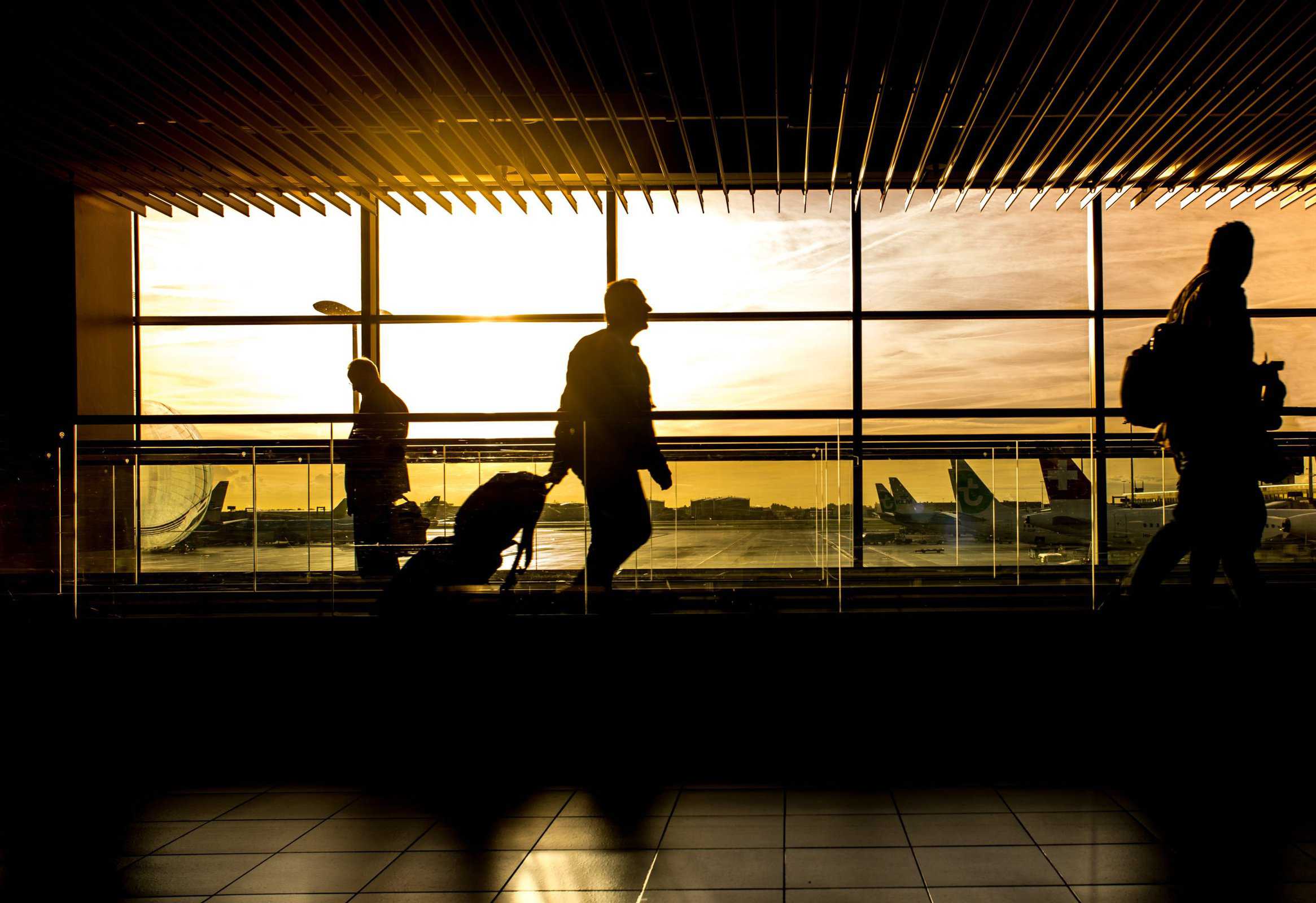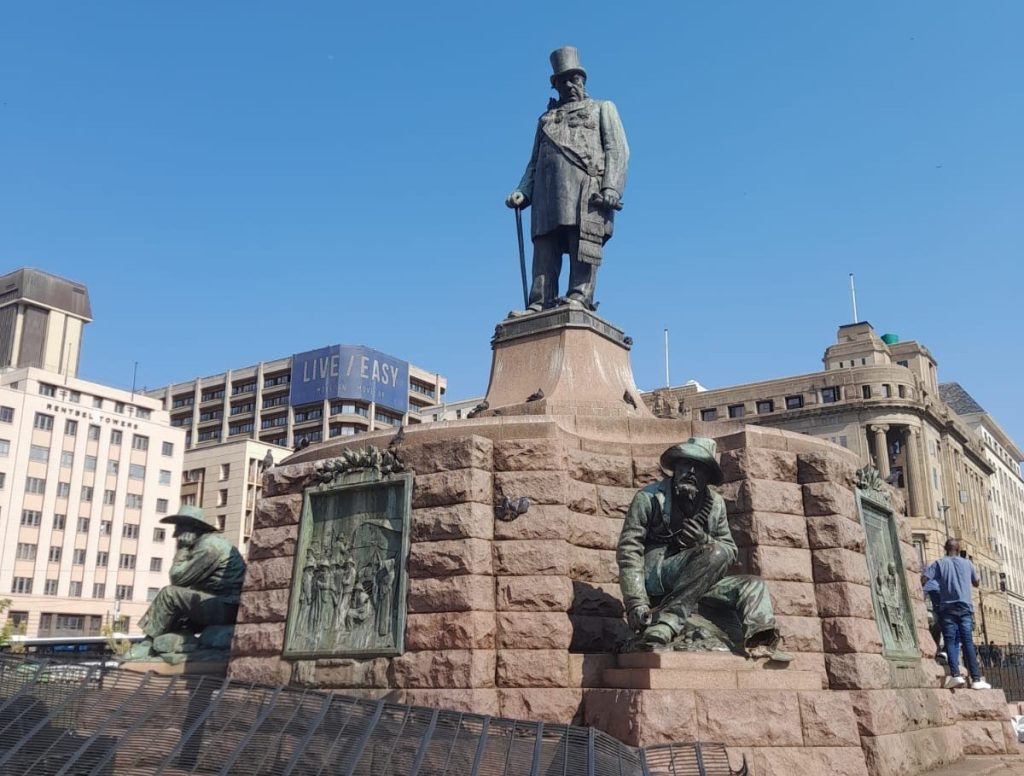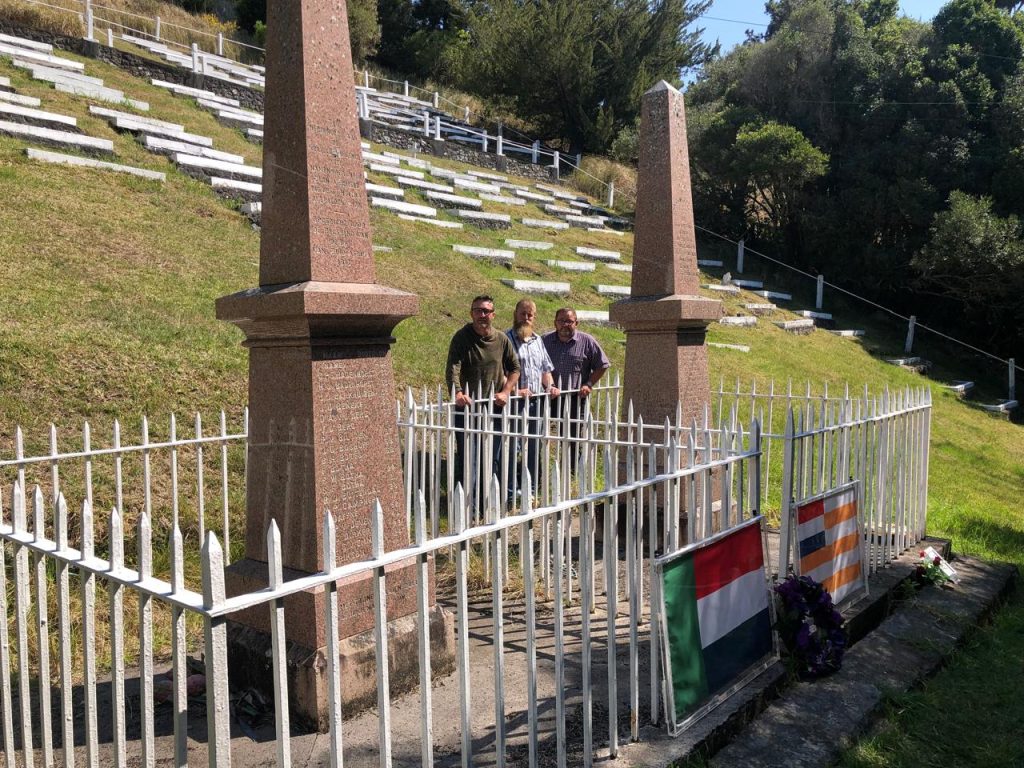Migration remains a hot topic. Abroad, migration policies are increasingly determining election results, and political parties must clearly state in their manifestos how they feel about immigration to their respective countries.
Many South Africans are currently emigrating and the old stubborn debate of “staying or going” is raging again, totally unnecessary, on various media platforms.
After 29 years’ experience with immigrants to South Africa, emigrants from South Africa and migrants returning to their country of origin, I would like to shine the spotlight again on a few facts about the migration of South Africans.
- Decisions are personal
The first is that the decision to emigrate or to stay is very personal. No one has the right to condemn anyone else’s decision, because each of us has our own value system that determines our choices. Problems that seem insurmountable to one person don’t bother the next. Everyone has their own, non-negotiable standard of living. Everyone’s response to experiences differs widely from that of others. A vehicle hijacking can make one victim more determined to stay in the country and fight crime, while the effect of friends’ experience drives the next to start planning emigration immediately. Neither of the two choices is a mistake because for each one it is the right choice. This is the reality.
Devoted believers’ choices differ. Some believe they are called to stay and make a difference here; others believe they are called to play a role elsewhere. With our earthly insight, we cannot decide who is right or wrong. Everyone must decide for themselves, and it is not a decision that has to be explained to anyone outside the family. No one needs to defend your decision to stay or go. You must take responsibility for it – even if it turns out that it was a mistake.
We have many resources at our disposal to research the pros and cons of each option, as well as common sense to decide whether we can live with that choice. Just make sure you make an informed decision and not one that is fuelled by a temporary uplift of emotion.
- Few things in life are certain
An old joke says only two things in life are certain: tax and death. It’s the same with the decision to go or stay. Today someone may feel 100% sure of his choice, but a year later, circumstances have changed so much that he can no longer make the same decision. People who could not wait to emigrate and declared that they would “burn their South African passports at the airport,” had to return for several reasons – from changing health conditions, missing family and friends, new business opportunities in South Africa and an inability to adjust elsewhere to work loss. People who, on the other hand, swore they would be the last to leave South Africa, have emigrated for similar reasons. Suddenly they marry and follow a foreigner overseas, or get a job offer that is too good to refuse, become a crime victim and no longer want to live in South Africa, or many other reasons.
So, never think your choice is permanent – which is another reason why you should not condemn others’ choices. More importantly, never burn bridges (like the silly passport example above). Make sure no decision will keep you captive if you might change your mind.
- People change
Often people’s decision to go or stay is determined by family or friends. It’s very dangerous. For example, parents miss their children so much that they pack up everything and join them abroad. There they discover that their children and grandchildren already established a new routine and a circle of friends and they, the parents, do not necessarily fit in. They can then feel lonely, especially if they are no longer very mobile or wealthy.
Likewise, emigrants sometimes want to go back “home” to friends and family and migrate back, only to discover their friends have moved on to new friends and new hobbies and have little time to spend with them. The choice to return should, therefore, be based on much more than the memory of good times with loved ones.
- Priorities change
Different priorities apply to different ages and influence the choice of where “home” is. For a young person, the issue of promotion is probably less important than for someone who has been in a professional field for more than ten years. It is easier for people who have no children to move. They do not yet have the need for a family network who can help nurture children or for family gatherings with cousins, uncles and aunts, or a school experience for their children with the same value system in which they grew up. Older people focus much more on issues such as the value of their pension amid fluctuating exchange rates and available healthcare than someone in his early twenties. Young people who easily uproot to leave healthy, active parents suddenly must reconsider when their parents get older and needy and cannot join them in another country. Keep this in mind when making choices.
- To visit is not to stay
A country looks great if you are travelling there or temporarily working there because you have your return ticket in your pocket. Foreigners are generally much friendlier to a tourist than to a migrant because the tourist brings in money, but the migrant competes for local resources. Therefore, never base your idea of a country on your experience as a tourist. Take the time to research real-life conditions before packing your bags. The same goes for remigration. When you visit the family for two weeks once in three years, everyone loves to see you and wants to welcome you. However, if they see you have no plan to leave again or look after yourself, they may be less warm and hospitable.
- You take your problems with you
You take your problems with you
Emigration will not solve your own or your family’s problems. If your marriage doesn’t work, it’s something you and your spouse must sort out. Whether you’re staying in Perth or Petrusburg, makes little difference. If Sarie makes wrong friends at school or Hansie starts experimenting with drugs, the problem is not your address, but something that needs to be resolved in the family. If your outlook is bleak and you can’t face the daily events, it won’t be easier elsewhere. In South Africa, it might be crime reports that drive you up the walls, in England the uncertainty about Brexit, in Iceland the weather … Your personal attitude plays a role, and emigration is not an instant solution.
- Salary versus cost of living
Comparing salaries is not enough. You must also compare the amount with your needs and the cost of living in the country in which you earn it. In South Africa, it is necessary to provide for private medical insurance and security, our taxes are high, the cost of good private or public schools is expensive. Elsewhere, similar costs may not be immediately apparent. There may be free education and medical care, but what is the quality, and is it available immediately in case of emergency, or should you wait months for a knee replacement, for example? The decision to stay or go must, therefore, be taken with a calculator in hand, unfazed and after thorough research.
In closing
The decision to stay, go or return is not easy, and the financial and emotional cost is substantial. Listen to other people’s experiences but start with self-knowledge. Get reliable information and decide what would be best for you and your family.
AfriForum respects people’s individual choice to stay, emigrate or move back. We regard emigrants as our unofficial ambassadors who can still play an important role in supporting and promoting AfriForum’s objectives abroad. Therefore, we keep in touch through Worldwide and Friends of AfriForum.
However, it is also AfriForum’s view that the Afrikaans language and culture will only be able to survive in a concentrated community in South Africa, and therefore we are determined to change circumstances locally so that Afrikaners will not want to leave the country.
We grant each person a prosperous future and appreciate everyone who joyfully fulfils his or her calling. We are grateful for those who know where they want to be, and we wish those who are still wondering strength.
Share on
Latest articles




















